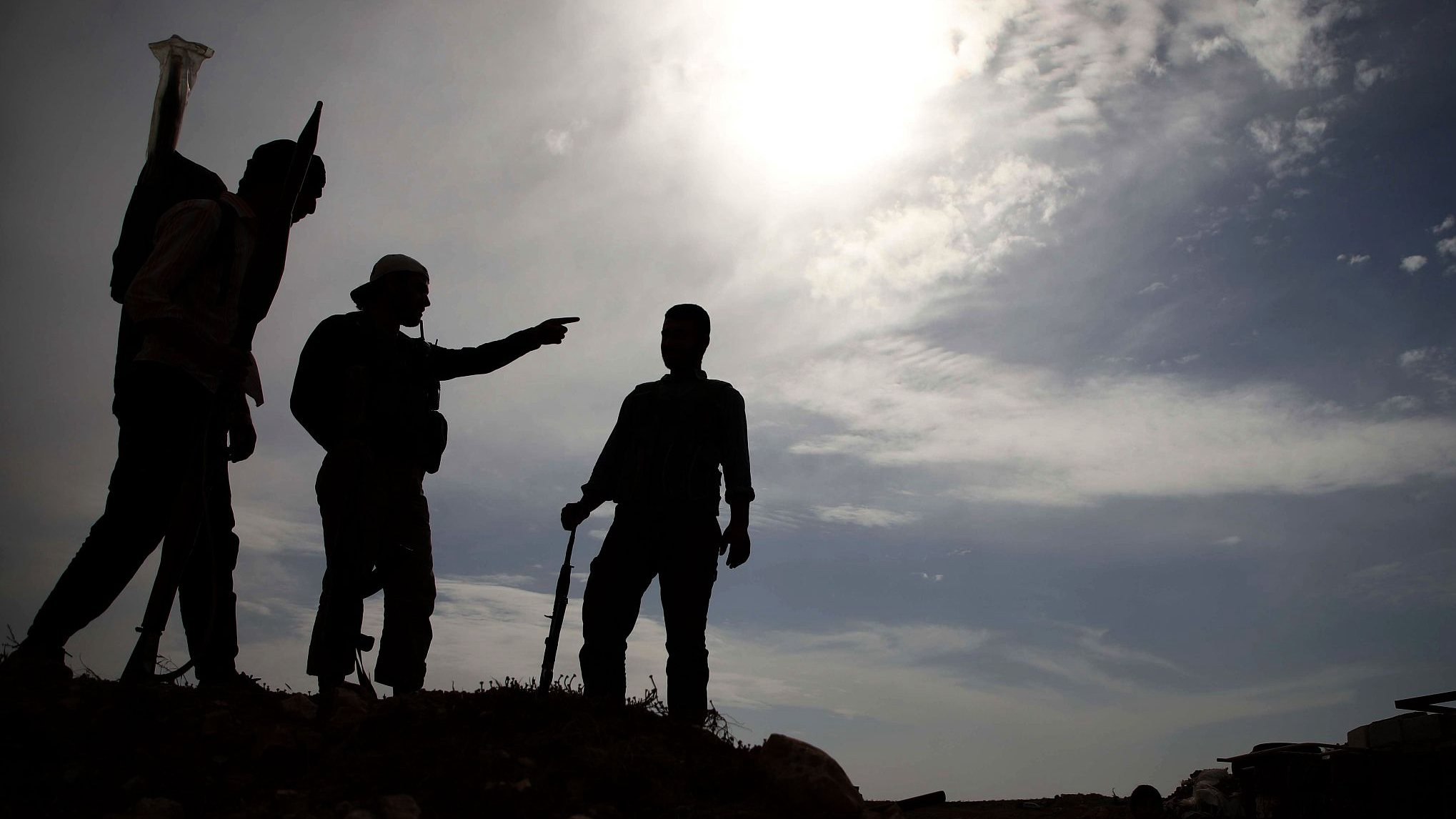
Politics
14:44, 10-Oct-2018
Situation in Syria's Idlib far from being resolved
Updated
14:18, 13-Oct-2018
By Nayan Seth, Li Qi
01:21

Last month, Russian President Vladimir Putin and his Turkish counterpart Recep Tayyip Erdogan agreed to create a 15-to-20-kilometer-wide demilitarized zone between the rebels and Syrian government forces in Idlib province and avoid a military confrontation, which raised hopes of a lasting peace in this area.
According to the terms of the deal, all rebel groups operating in the area will remove heavy weaponry by October 10, and withdraw from the demilitarized zone by October 15.
Once established, Russian and Turkish military groups will conduct joint military patrols along the zone's perimeter. Both countries have also decided to allow transit traffic for Syrian government forces on two major highways in the province.
As the deadline for withdrawal approaches, the situation on the ground is far from resolved.
Two major groups and their factions control a majority of the Idlib province.
The group Hayat Tahrir al-Sham, or HTS, hasn't formally announced a withdrawal yet, while the alliance under the main Turkish-backed National Liberation Front agreed to remove heavy weaponry from the zone.
Still, experts believe there is little chance of establishing permanent peace in Idlib as there are many splinter groups which operate independently and do not adhere to agreements signed by the bigger alliances.
(Cover: Syrian rebel fighters with the National Liberation Front (NLF) stand on a hill overlooking the regime areas in northwestern countryside of Aleppo province, October 9, 2018. /VCG Photo)

SITEMAP
Copyright © 2018 CGTN. Beijing ICP prepared NO.16065310-3
Copyright © 2018 CGTN. Beijing ICP prepared NO.16065310-3